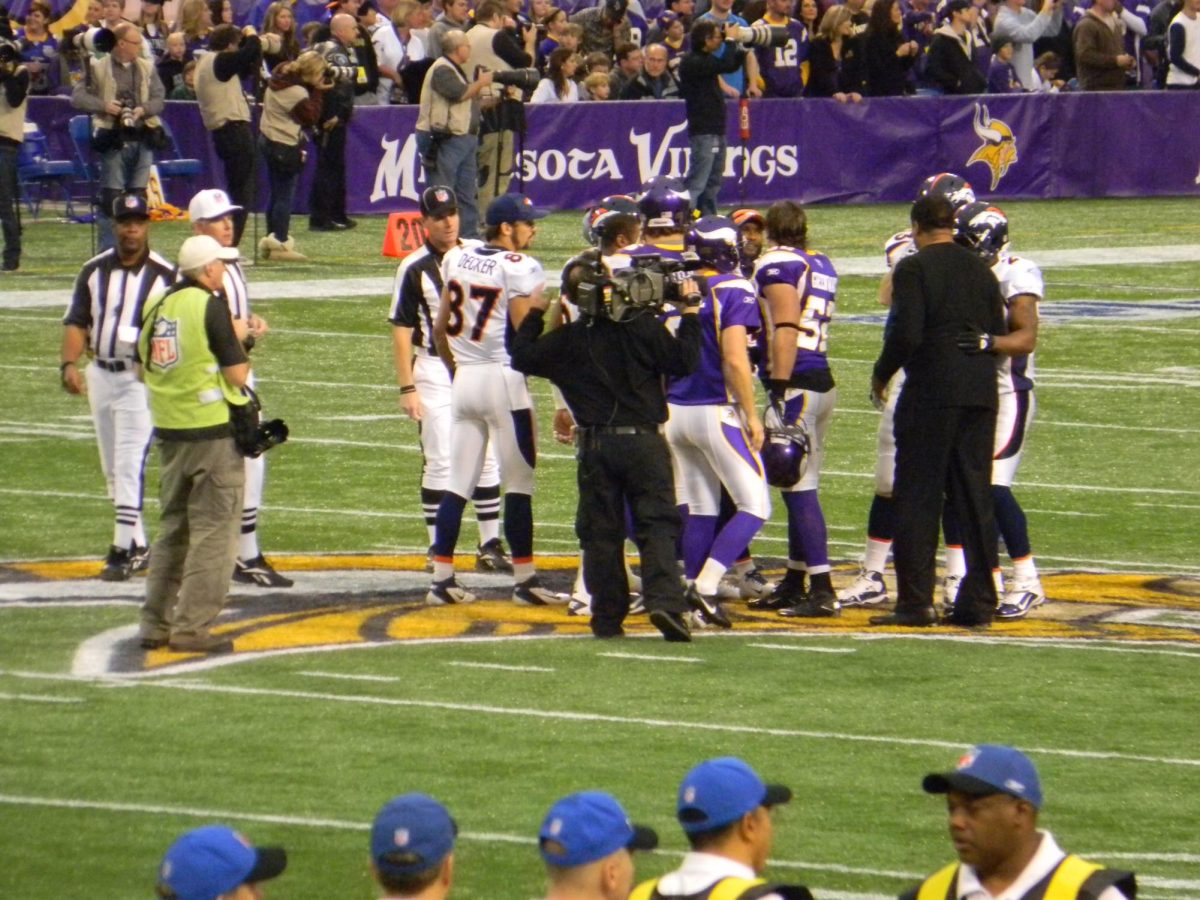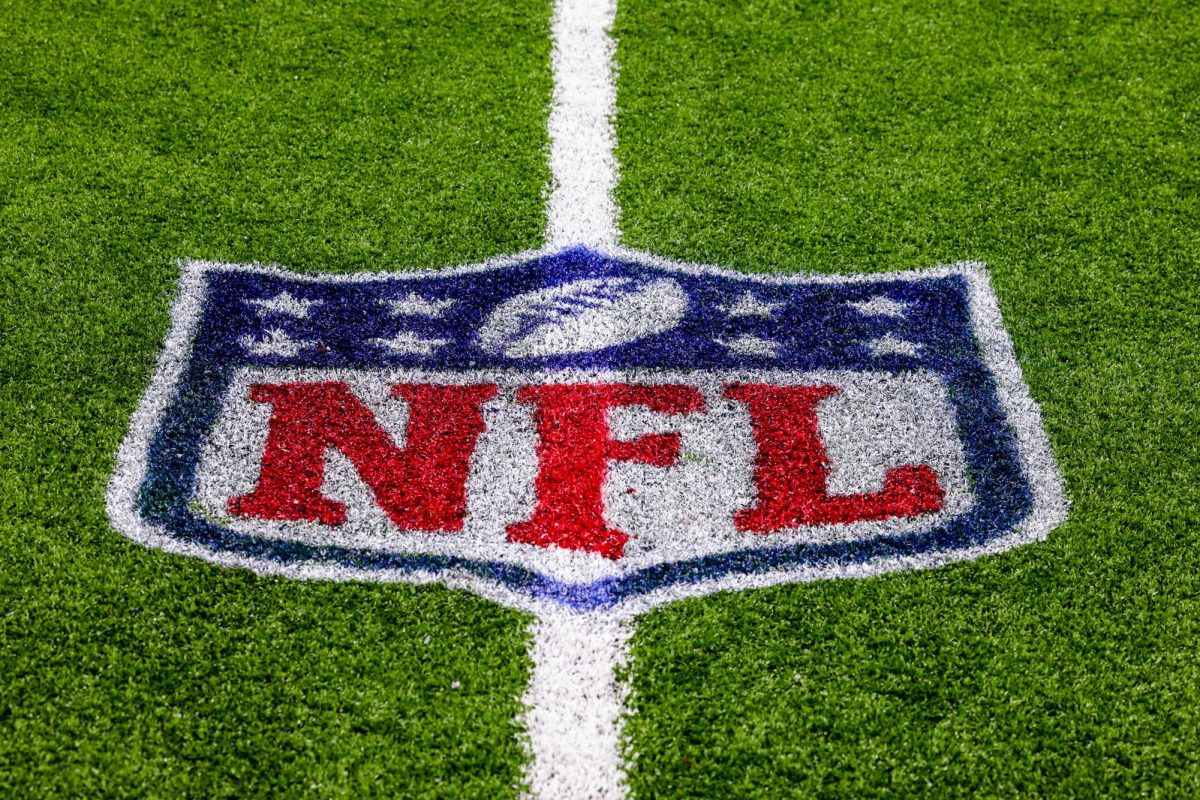Racial tension has been rising in the United States and has only gotten worse during the 2016 election. This as been a key factor that divides people and has become obviously venomous.
A division that is noticeable is within those in academia on the definition of racism.
This is between the original definition and the social justice definition. The former being an idea or theory, and the latter being a power structure.
Both being simultaneously correct and in error.
Original Definition
According to the Webster dictionary, racism is a belief that race is the primary determinant of human traits and capacities and that racial differences produce an inherent superiority of a particular race.
This is an idea in other words it is metaphysical. This isn’t based on materialism.
This is a concept that can be held by anyone, whether being a person of color or not. Whites can discriminate against blacks and vice versa. Both actions would fall under this definition of racism.
There are those who have tossed out the original definition and embraced something different.
Social Justice definition
This definition isn’t really so much on the side of vocabulary, its more an axiom than anything else. The axiom being Prejudice + Power = Racism.
This is powerful when describing systemic oppression. It is here that racism is no longer just an ideological concept, but a thing that deals with materialism.
The word power is the key word here. It isn’t so much actions that are being defined here, its pointing toward power structures.
Jim Crow laws were a perfect example of this. This wasn’t just an individual view, it was a collective view.
Laws were put into place to bark at black americans where to sit and where not to sit in public places and transportation.
Those seats are what makes this form of racism no longer just an idea, but a material one; the power to take away certain goods based on the color of your skin.
Now, what makes this different than the former definition? One might ask. Well, not all races can be racist. Racism only comes from one side. Without the key component of power, it is merely just prejudice.
As you can see, these two are not only different in philosophy but also in the distinction of individualism and collectivism. The latter doesn’t just deal with individual racism, but it emphasizes on group power.
This can be problematic for a few reasons, one being that it doesn’t look at all racial discrimination as equally important.
Some are looked at as more devastating than the others. Another is that the definition assumes that one racial group or individual are the only ones who can posses power.
This is dangerous thinking.
It’s understandable that the original definition puts little to no emphasis on structural powers, which is important to point out and critique.
However, it is important to comprehend that racism is metaphysical first. Anyone can hold these bigoted ideas, but to hold them and have power is something different. One is racism and the other is systemic racism.
It’s highly essential to criticize the racial powers and have them abolished where ever they are.
If it’s assumed that only certain people can hold these powers due to skin color, then that very same power will never truly be abolished.
A fear of the reversal rather than the abolishment of that power doesn’t seem so irrational.









